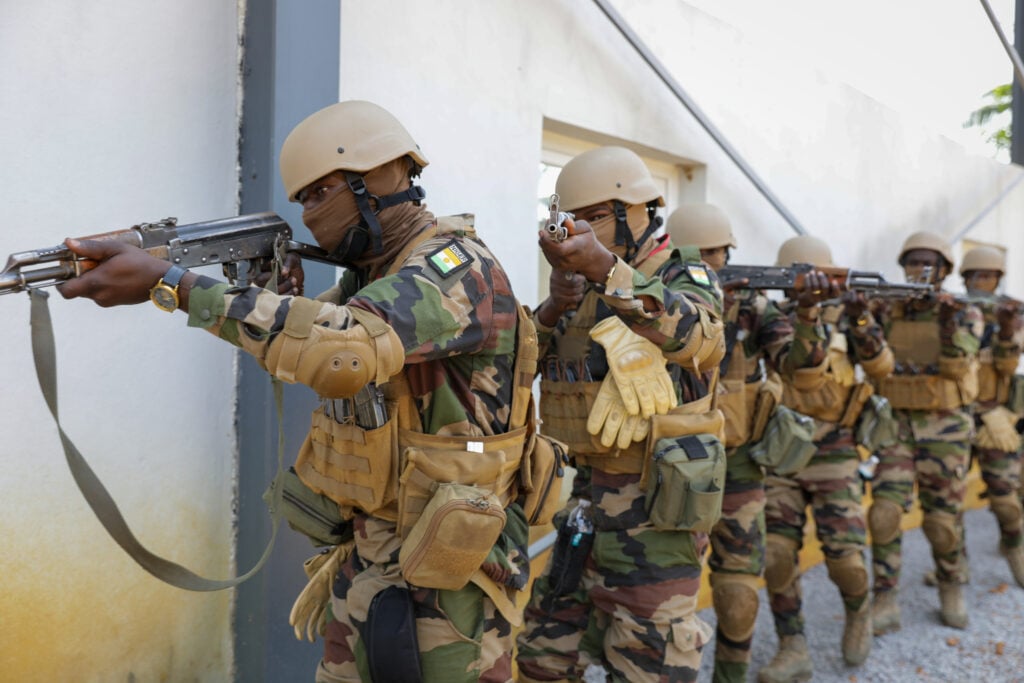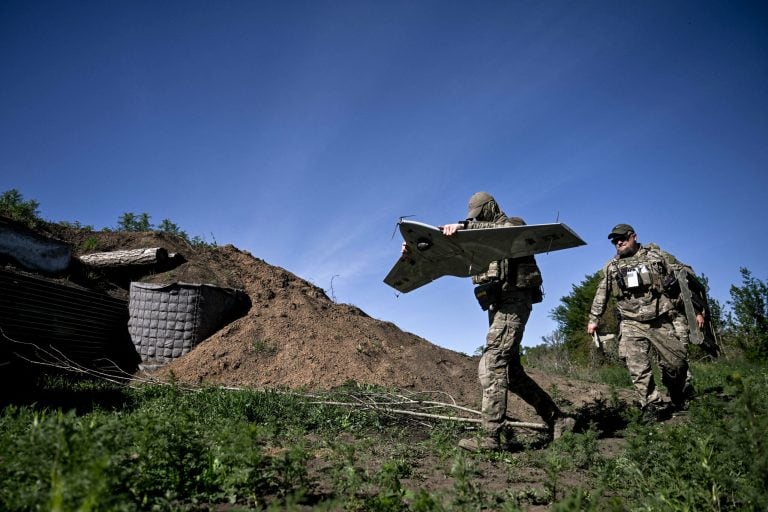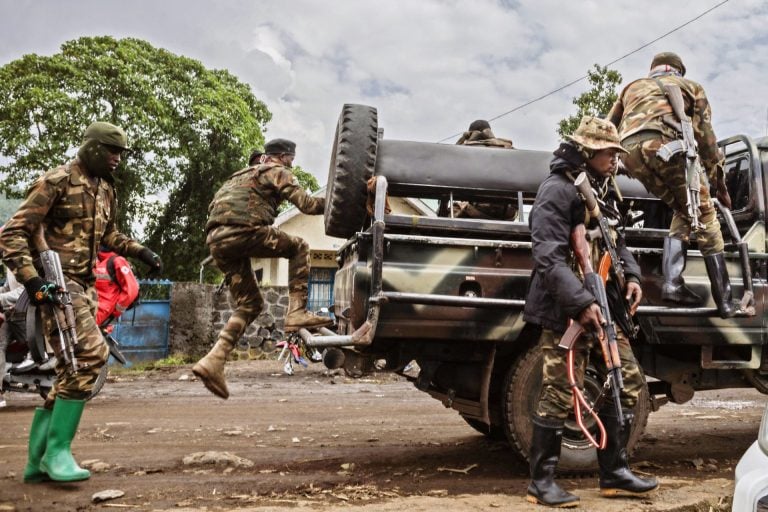A jihadist raid on an army base in northeast Nigeria on Tuesday resulted in the deaths of at least four soldiers and the taking of others hostage. This attack marks a continuation of a troubling trend, as just a day earlier, four soldiers were killed at a different military base.
The militants, identified as members of the Islamic State West Africa Province (ISWAP), launched the assault just before dawn on the military installation located in Rann, a town in Borno state near the Cameroon border. According to a military officer who spoke on the condition of anonymity, the raid left four soldiers dead and five others injured. The attackers reportedly seized weapons and military vehicles during the assault, taking a number of soldiers captive.
Local resident Ari Kime provided a slightly different account, suggesting that five soldiers were killed and six injured, with the jihadists successfully snatching three gun trucks before retreating from the base. The recent spate of attacks has underscored the increasing boldness of ISWAP and Boko Haram, who have launched assaults on military bases at an alarming frequency in the past few weeks.
Rann has become the tenth military base targeted by jihadist groups in the last two months, as confirmed by an AFP tally. Just the day before the Rann raid, ISWAP militants conducted a similar attack in Marte, resulting in further fatalities and abductions.
Since 2019, the Nigerian military has responded to intensified jihadist threats by shutting down smaller army bases, opting instead for larger garrisons in hopes of mounting a more effective defense. However, this strategy has not halted the increasing frequency and lethality of the attacks. In April alone, around 100 individuals, including military personnel, lost their lives due to various jihadist operations across the northeast.
The ongoing assault on military installations is alarming not only because of the immediate fatalities but also due to the implications for weapon supplies among jihadist factions in the Sahel region. According to Conflict Armament Research, raids on military bases provide militants with at least 20 percent of their weaponry.
The persistent assaults in northern Borno expose the weaknesses within the Nigerian military forces while simultaneously highlighting the growing capabilities of these militant groups, which appear to be strengthening their connections with broader jihadist networks in the Sahel.
Compounding the issue, the military has faced overwhelming demands due to years of operations battling various security challenges in Nigeria, Africa’s most populous nation with approximately 230 million inhabitants.
Late Monday evening, jihadists also targeted a joint military and police patrol team in the town of Gajiram, located about 80 kilometers from Maiduguri, the state capital. Initial reports did not disclose any casualties in that engagement. Furthermore, militants have increasingly utilized landmines on major highways in northern Borno, intensifying the dangers faced by military convoys.
On Tuesday, a mine-resistant military vehicle escorting a commander struck a landmine while traveling the highway between Rann and Gamboru. Fortunately, the commander remained unharmed and was returning after inspecting the attack site in Rann.
Borno State Governor Babagana Umara Zulum condemned the escalating violence, asserting his commitment to fortifying support for military forces, security agencies, and volunteer units in the ongoing campaign against terrorism and insurgency.







